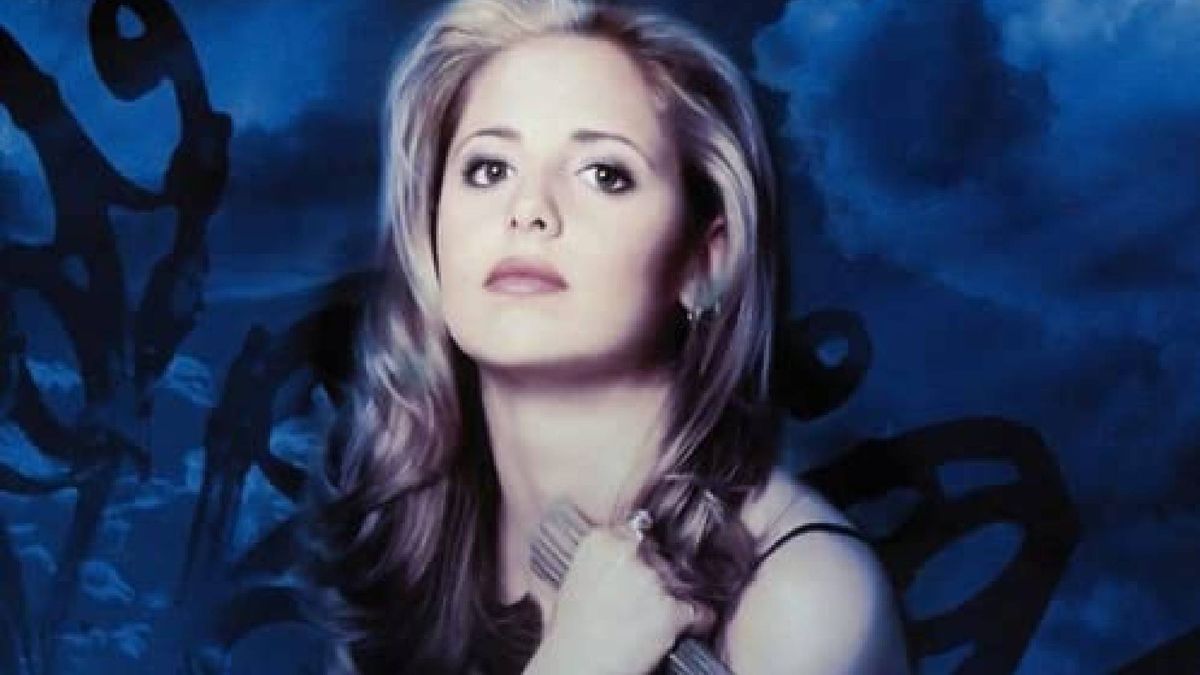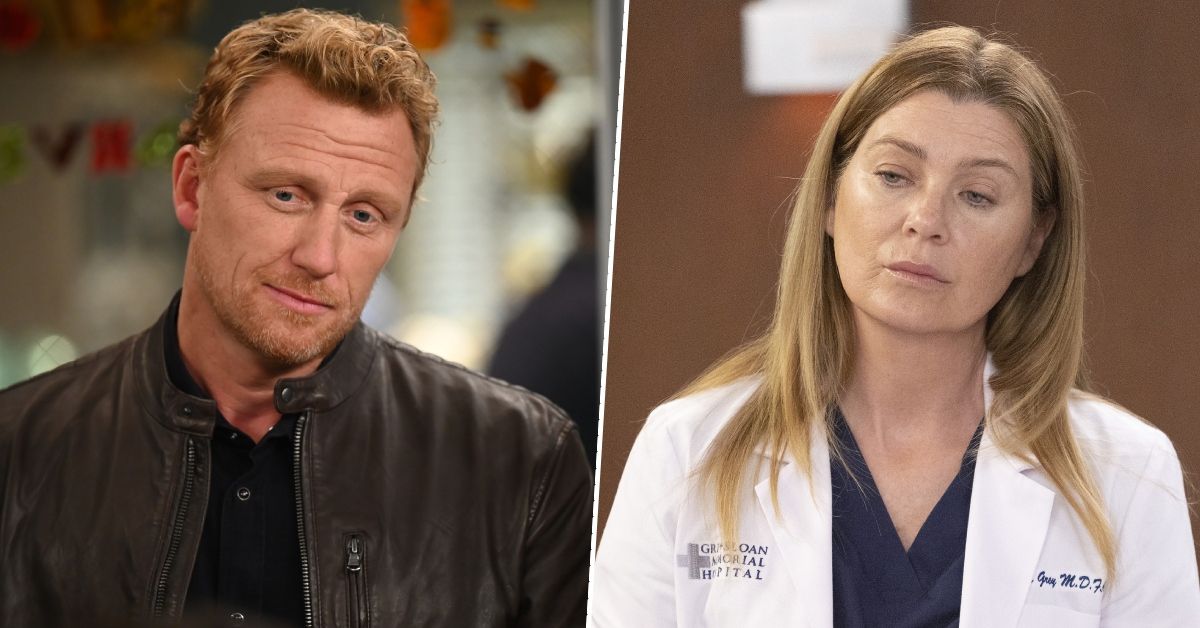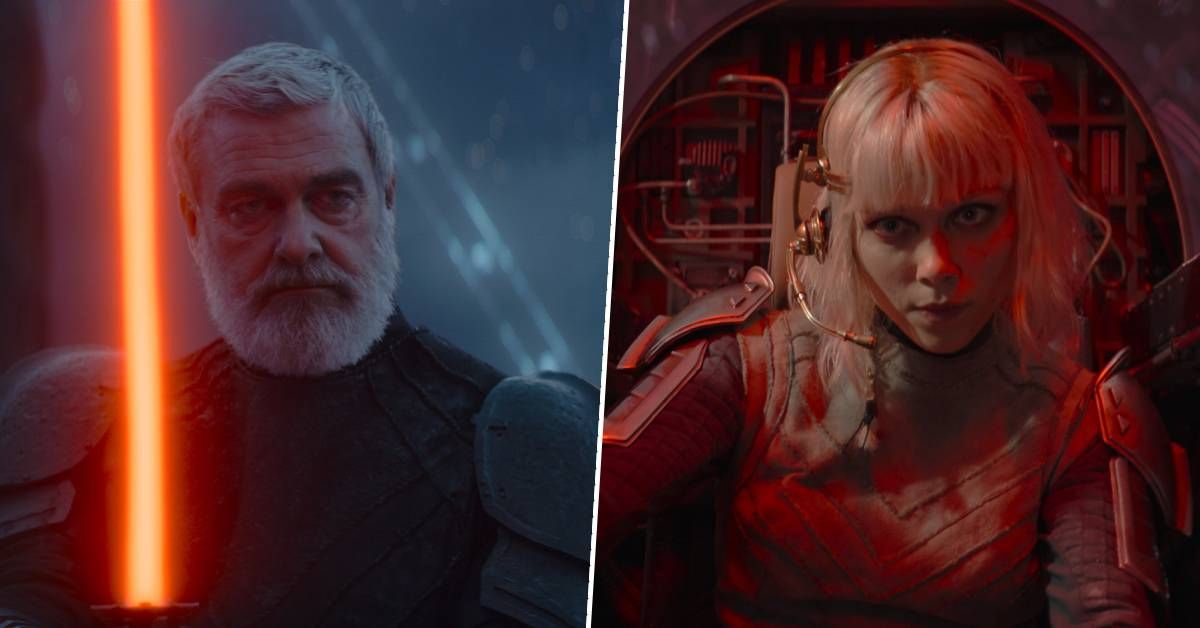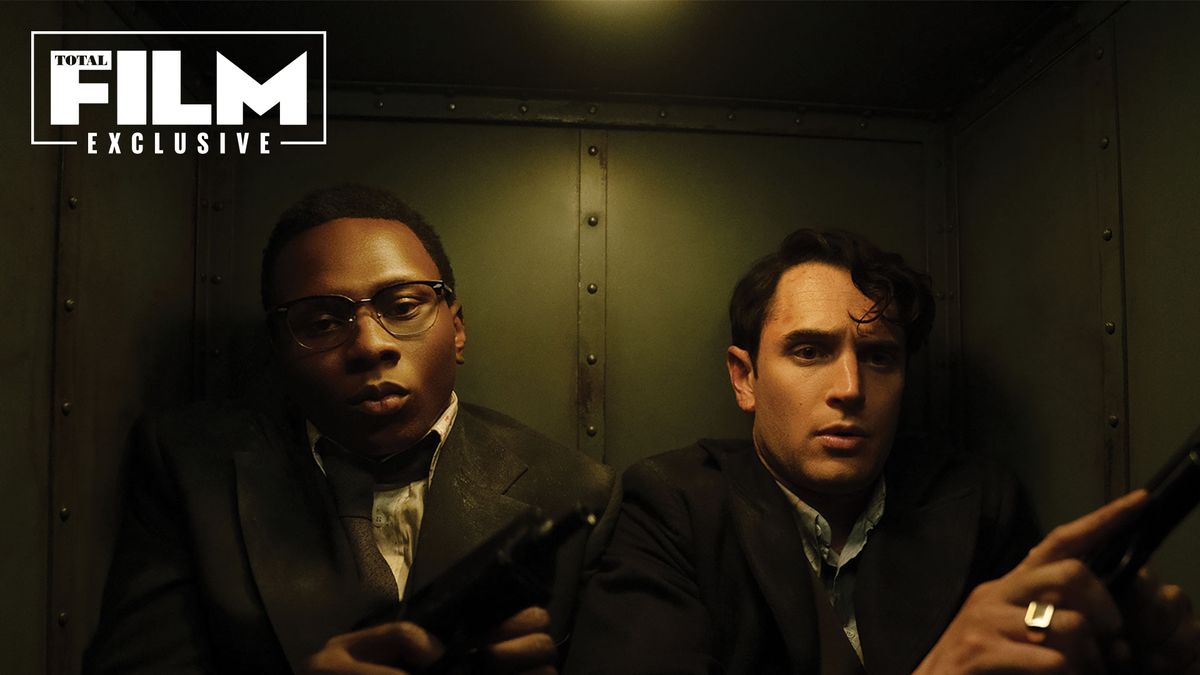Warning: spoilers for Halo season 1 ahead (including the finale). Turn back now if you haven’t seen the latest episode of the Paramount Plus series.
The Halo TV series deviates from the games in unexpected ways. Sure, there are lovely little Easter eggs, nods to major in-game events, and live-action versions of some of the coolest stuff from the games – as well as a brilliant late-stage bait and switch that had me screaming at the TV. But throughout the first season, the plot has been untethered to the games, freely telling a meaningful story about new and old characters and shedding an entirely different light on the people we thought we knew. The result is a complex and unique series that makes the Paramount Plus series the standard-bearer for future video game adaptations.
Perfectly balanced

READ MORE

A new Halo for a new generation: How the TV series is reinventing Master Chief
A successful adaptation has to avoid doing a few things. First, it shouldn’t mess with the original source material so much that it’s virtually unrecognizable (see the much-maligned, memeified Super Mario Bros. film, or the 2005 version of Doom that took the term ‘loosely based’ and ran with it). Second, the adaption shouldn’t pack in cheesy Easter eggs (see: Uncharted’s confusing Nolan North cameo). The Halo TV series ticks both boxes, balancing references to the games with high-quality storytelling without ever overdoing the nods and callbacks.
There are few things as satisfying as the first moment Chief’s shield drops in episode one and the familiar warning bloops from the game echo out. The Halo soundscape is iconic and unforgettable, and the team working on the series went to great lengths to ensure it was done right. “A typical sound effects library – if you need certain assets like a bunch of explosions or a bunch of guns or a car or something like that – a typical library might be a few gigabytes, like, let’s say, two to 10,” series sound designer Brennan Mercer tells me. “If it’s a really big library, it’s like 30. We got a terabyte of sound for Halo from 343 Industries.”
In the finale, we get one of only a few major firefights in the series, but the showrunners make sure to inject it with some of that special game sauce. A Spartan’s boots (by far my favorite sound in the series, made with a mix of typical walking sound effects and layered whooshes and crunches for added weight, according to Brennan) crush an unsuspecting Grunt as they land from an impossibly cool Pelican jump. Spartans Kai and Vannak cheekily shit-talk the Covenant forces while laying waste to them, with Vannak admiring a Needler he plucks off a dead Grunt. Although the final fight scene has moments of cliche video game references (any shot that mimics an FPS camera is always going to feel tired), it makes sure to only add dashes of this, not entire handfuls.
Subversion

After the first episode, I wrote that the Halo TV series is braver than the games, and I stand by that statement after watching the finale. Instead of giving us a recycled version of the “good guy Spartan vs bad guy Covenant” story seen in the games, Paramount Plus’ series sheds light on the problematic nature of the UNSC (a view that only those who read the tie-in books were previously privy to). The complexity of the universe in which the games are set allows the series to unmask Master Chief and make him John, giving Pablo Schreiber tons of room to inject pathos into a character who has previously been little more than a totem for balls to the wall masculinity.
It’s a bold choice and one that many fans of the Halo franchise have taken issue with. From the moment the series unmasked John-117, the debates began, with detractors longing for the more stoic, silent, and masked version of Chief from the games. Brilliantly, after fleshing out his tragic backstory and giving him a love interest, the Master Chief we expected from the games makes his appearance at the season’s very end.
John allows himself to get knocked out cold and (seemingly) die so that Cortana can take control of his body and brain. When he rises after taking a gravity hammer from Atriox to the chest, he is the Master Chief so many fans were asking for – but it’s not a triumphant moment, it’s a tragic one. After all, we’ve seen John untangle himself from Dr. Halsey’s snare, learn about his kidnapping and brainwashing, and teach other Spartans how to be more human.
In the finale, Chief asks Cortana why she refused Halsey’s orders to take over his executive functions. “I was also designed to learn John,” she responds. “And I have. From you. I believe that what Dr. Halsey wants to eliminate from your species is precisely the thing that makes you special: your humanity. I’ve watched you fight for yours, and I believe it’s a cause that’s right.” That the season ends with John gone and the cold, calculated killer that is Master Chief standing in his place, starkly contrasting everything the show has taught us thus far. Ultimately, the villain of this series (Halsey) wants Chief to be the same way so many fans want him to be: without humanity. And that’s not something we should celebrate.
Going forward

Adapting a video game can never be a one-to-one scenario, as it just won’t translate, and showrunners or movie directors face the difficult task of striking just the right balance between the new and the familiar. We know the upcoming The Last of Us TV series has plans to do something similar – the story set to “fill things out and expand, not to undo, but rather to enhance” the games, according to co-creator Craig Mazin’s interview with the BBC (opens in new tab). This kind of storytelling feels like a best of both worlds scenario: we get to see our favorite game worlds on television, while showrunners have room for creativity when it comes to telling stories in those worlds.
The Halo series successfully tells a new story in a familiar universe, arguably the best way to approach a video game adaptation. It subverts expectations by giving us a fleshed-out, humanized version of Master Chief, only to end season one on a major cliffhanger where that humanity is stripped away. Fans got what they wanted, but at what cost?
Check out our list of the best video game movies of all time.
 Games News games, movies and TV you love.
Games News games, movies and TV you love.



